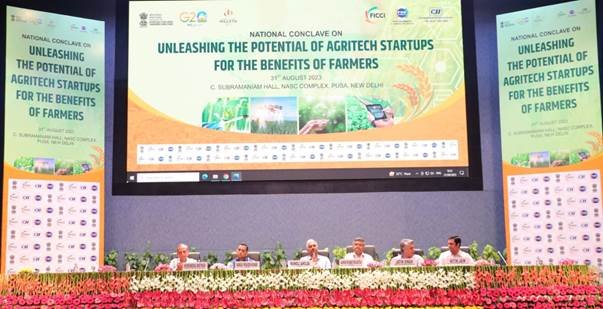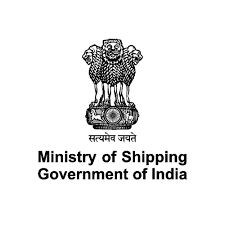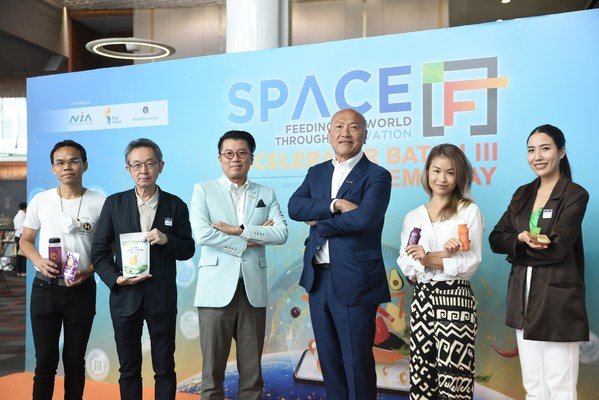Entlaq and Ninjacart partners to bolster Egypt’s agri-startup landscape
This partnership aims to empower Farm-to-Fork Agri startups In Egypt with Ninjacart’s technology and expertise, fostering innovation and growth in Egypt’s AgriTech sector
Entlaq, a Cairo-based entrepreneurship think tank has forged a strategic alliance with Ninjacart, India’s leading agri-startup that leverages technology and data to organise the agriculture ecosystem. This alliance focuses on identifying and supporting promising Farm-to-Fork Agri startups in Egypt, providing them with Ninjacart’s cutting-edge tech platform, supply chain management solutions and specialized advisory services.
The partnership specifically focuses on efficient supply chain management through advanced technology, connecting farmers directly to markets in Egypt. It also emphasizes implementing data-driven agriculture, ensuring quality assurance and certification, fostering financial inclusion across the Agri value chain, expanding marketplaces, and reducing waste.
Ninjacart’s expansion into Egypt under its global initiative, NinjaVentures, underscores the company’s dedication to identifying startups in Egypt that align with its business model. Through this partnership, Ninjacart strives to drive non-linear growth in the Egyptian Agri sector, prioritizing innovation, sustainability, and efficiency. Ninjacart’s distinguished NinjaVentures initiative is an ambitious global endeavour dedicated to extending Ninjacart’s technological expertise, knowledge, and skills to emerging startups in various countries aiming to revolutionize agricultural supply chains.
Kartheeswaran K K, Co-Founder & CEO, Ninjacart said “This partnership between Entlaq and Ninjacart is a clear testament to Ninjacart’s dedication to global agricultural transformation. We’re genuinely excited to leverage Ninjacart’s technological prowess to empower Egyptian startups, catalysing innovation, and fostering growth. With a mission to build the most trusted, efficient, and inclusive AgriTrade Network, we collaborate with startups worldwide, generously sharing our technological expertise. This strategic alliance with Entlaq marks a significant milestone as we extend our commitment to drive positive change in the Egyptian Agri-Startup ecosystem”
Omar Rezk, Co-founder and Managing Director of Strategy and Consulting, Entlaq said “Our collaboration with Ninjacart marks a transformative step for Egypt’s agritech ecosystem, driven by our deep belief in technology’s potential to reshape agriculture. We are truly excited about the opportunities this partnership opens for startups, crucial to fostering economic growth in Egypt. With the agriculture sector employing 29.2 per cent of the workforce and contributing 11.3-13.6 per cent to the GDP (approximately EGP 400 billion), the scope for agritech is vast. Entlaq’s vision is to catalyse Egypt’s position as a regional innovation hub, empowering startups and contributing significantly to the thriving agritech landscape. This collaboration with Ninjacart has set us on the track to achieve this goal promising a future characterized by technological innovation, operational efficiency, and sustainable growth achieving Egypt’s 2030 Vision.”
This partnership aims to empower Farm-to-Fork Agri








